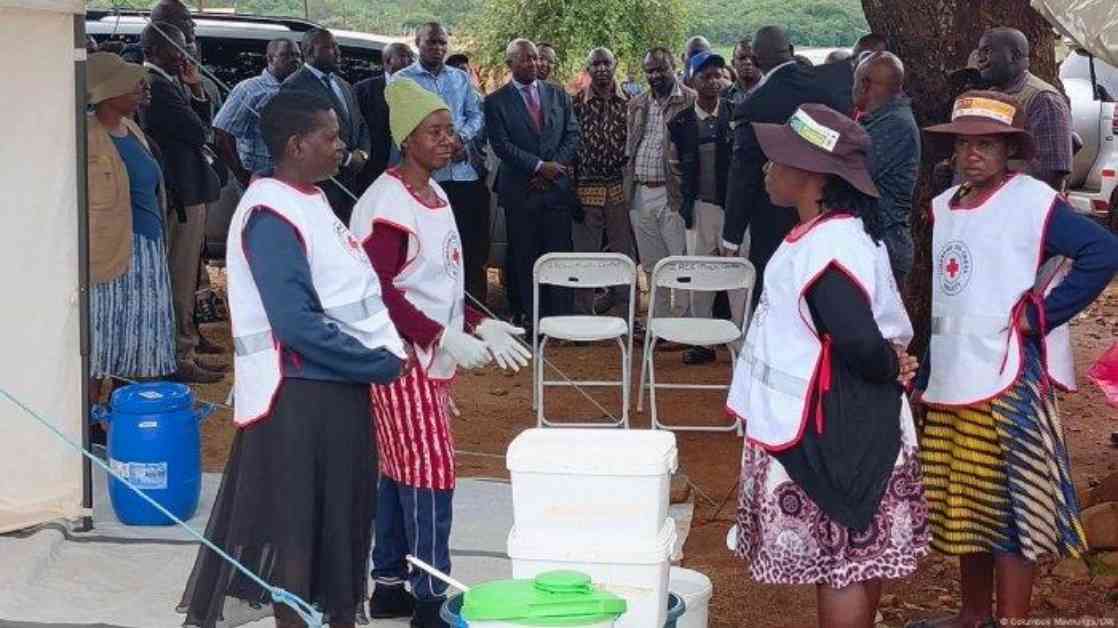Cholera Outbreak in Zimbabwe Intensifies Sanitation and Water Contamination Crisis
A cholera outbreak has struck eight districts in Zimbabwe, raising serious concerns about sanitation crisis and water contamination. The Ministry of Health and Child Care in Zimbabwe has confirmed that the affected districts include Bikita, Bindura, Chiredzi, Chipinge, Kariba, Goromonzi, Mazowe, and Shamva. Among these, the farming town of Glendale in the Mazowe district, approximately 70 kilometers north of Harare, stands out as a major hotspot for the outbreak.
Local residents have expressed distress over the deteriorating sanitation conditions, exacerbated by a broken water pipeline system left neglected for months. This has led to human waste contaminating freshwater sources in Glendale and its surroundings. On Thursday (December 26, 2024), ten members of the Nyirongo family in Glendale were rushed to the Tsungubvi Cholera Treatment Center after showing symptoms of the waterborne disease. The family, who had been relying on a shallow well, now faces the harsh reality that their water source has been tainted with waste, especially following heavy rains at the end of December.
“We hope the government will promptly provide clean water so that we can avoid falling ill,” said Erecta Nyirongo, a member of the affected family, as reported by DW News. Throughout Zimbabwe, including the capital city of Harare, the sanitation crisis is exacerbating the spread of cholera. Many water sources are contaminated due to waste entering the clean water system, while existing water pipelines continue to deteriorate without repairs.
###Government Intervention and Efforts
Wakil Menteri Kesehatan dan Perawatan Anak Zimbabwe, Sleiman Timios Kwidini, recently visited the Mazowe district and confirmed one fatality due to cholera in the area. As part of the efforts to address the issue, the government is collaborating with other organizations to drill two boreholes in Glendale. Unfortunately, it remains unclear whether this step will suffice to meet the clean water needs of all residents in the area.
This dire situation highlights the urgent need for comprehensive and sustainable solutions to ensure access to clean water and proper sanitation for all Zimbabweans, safeguarding them from the devastating effects of waterborne diseases like cholera.






















